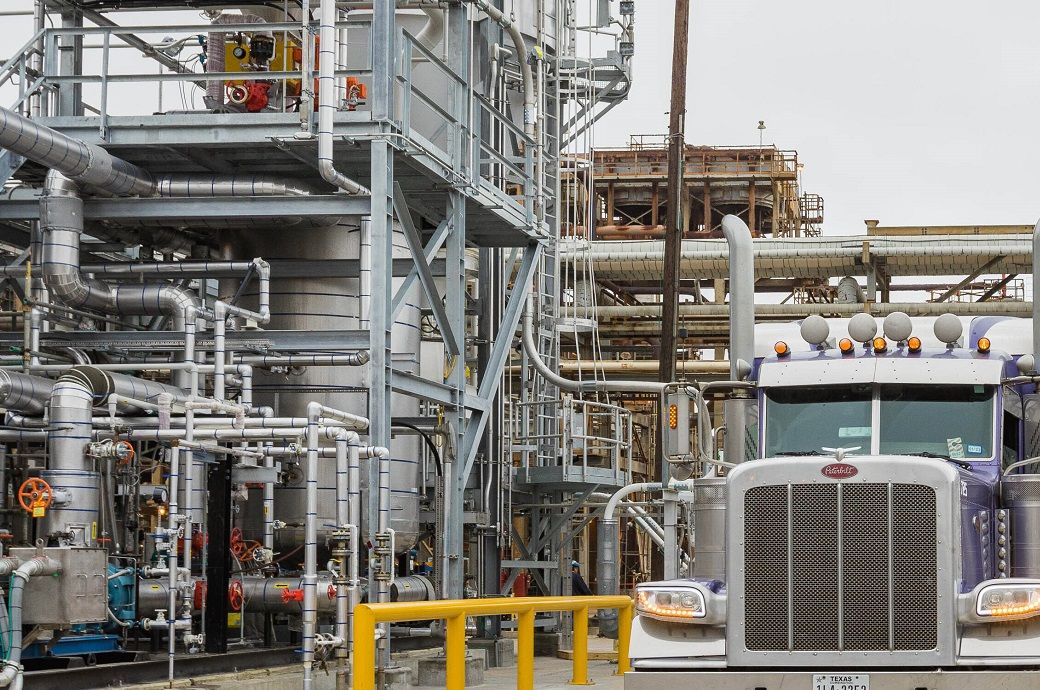“We are solutions providers, and this multi-million-dollar investment will enhance our ability to convert hard-to-recycle plastics into raw materials that produce valuable new products,” said Karen McKee, president of ExxonMobil Product Solutions. “At our Baytown site, we’ve proven advanced recycling works at scale, which gives us confidence in our ambition to provide the capacity to process more than 1 billion pounds of plastic per year around the world. We’re proud of this proprietary technology and the role it can play in helping establish a circular economy for plastics and reducing plastic waste.”
ExxonMobil plans to invest over $200 million to expand advanced recycling at its Baytown and Beaumont, Texas sites by 2026.
Aiming for 1 billion lbs/year globally by 2027, the initiative boosts plastic waste circularity using proprietary tech.
The Baytown facility, operational since 2022, has processed 70 million lbs of waste, aiding global recycling efforts.
The investment will add 350 million pounds per year of advanced recycling capacity at Baytown and Beaumont, bringing ExxonMobil’s total capacity to 500 million pounds per year. The company is continuing to develop additional advanced recycling projects at manufacturing sites in North America, Europe and Asia, with the goal of reaching 1 billion pounds per year of recycling capacity globally by 2027.
ExxonMobil has advanced recycling customers in more than 15 countries across multiple sectors, including food-safe packaging and pet food, and demand is increasing.
Advanced recycling complements traditional, mechanical recycling by transforming plastic waste into raw materials that can be used to make many valuable products – from fuels to lubricants to high-performance chemicals and plastics. Advanced recycling can address a broader range of plastic waste that won’t be mechanically recycled and may otherwise be buried or burned.
Advanced recycling is a vital element of a circular economy. Circularity includes the entire life cycle of plastics, from designing products to be more easily recycled to improving waste management systems.
“The world’s plastic waste challenge will be solved with innovation, collaboration, and supportive government policy to improve waste management and circularity,” said McKee. “ExxonMobil is doing its part by developing scalable technology, investing in recycling infrastructure and helping our customers meet their circularity goals.”
The company’s first Baytown facility started up in 2022 and represents one of the largest advanced recycling facilities in North America, having processed more than 70 million pounds of plastic waste as of October 2024. ExxonMobil helped to form joint venture Cyclyx in 2021 to improve the collection and sortation of plastic waste.
Note: The content of this press release has not been edited by Fibre2Fashion staff.
Fibre2Fashion News Desk (HU)


